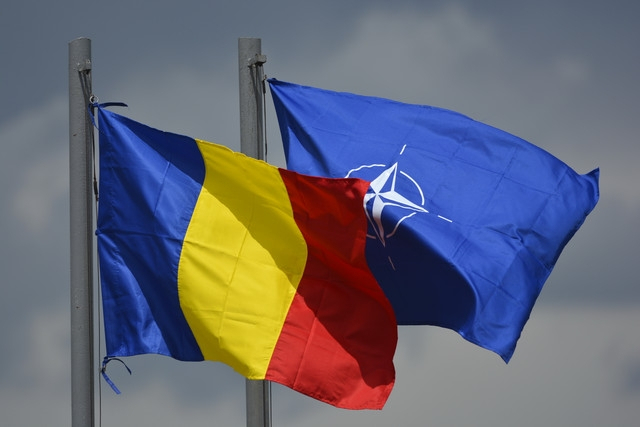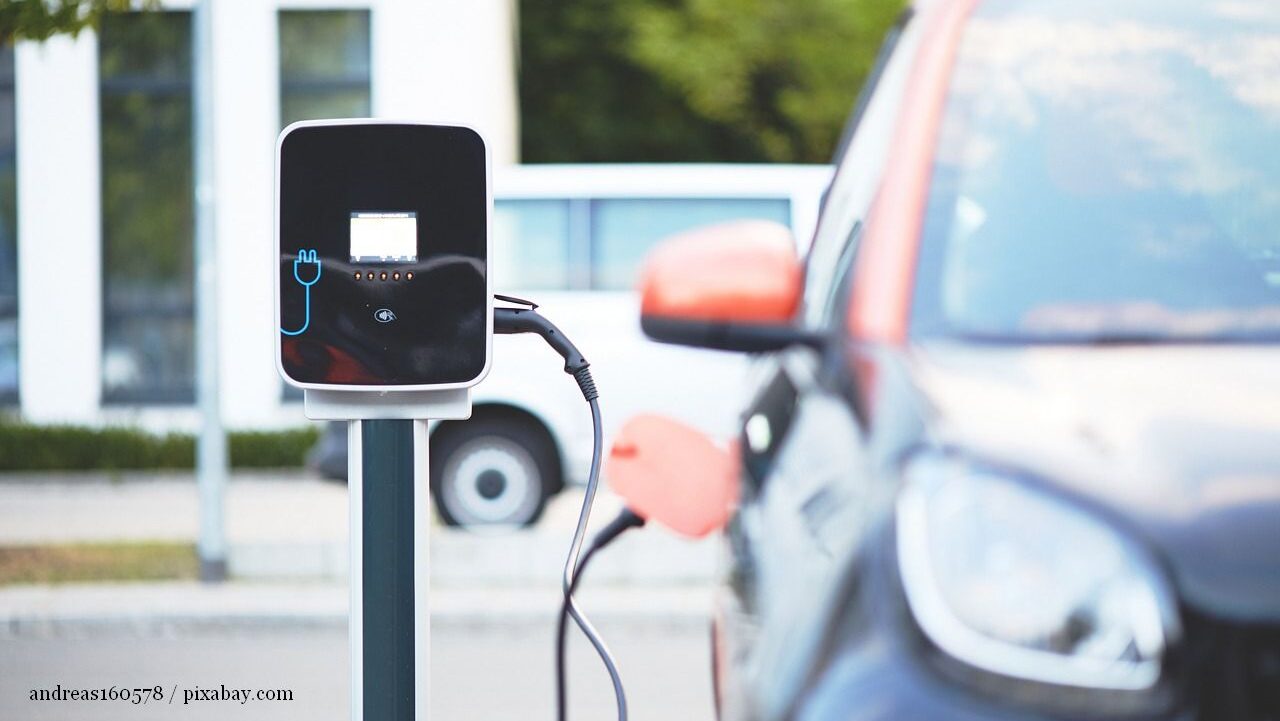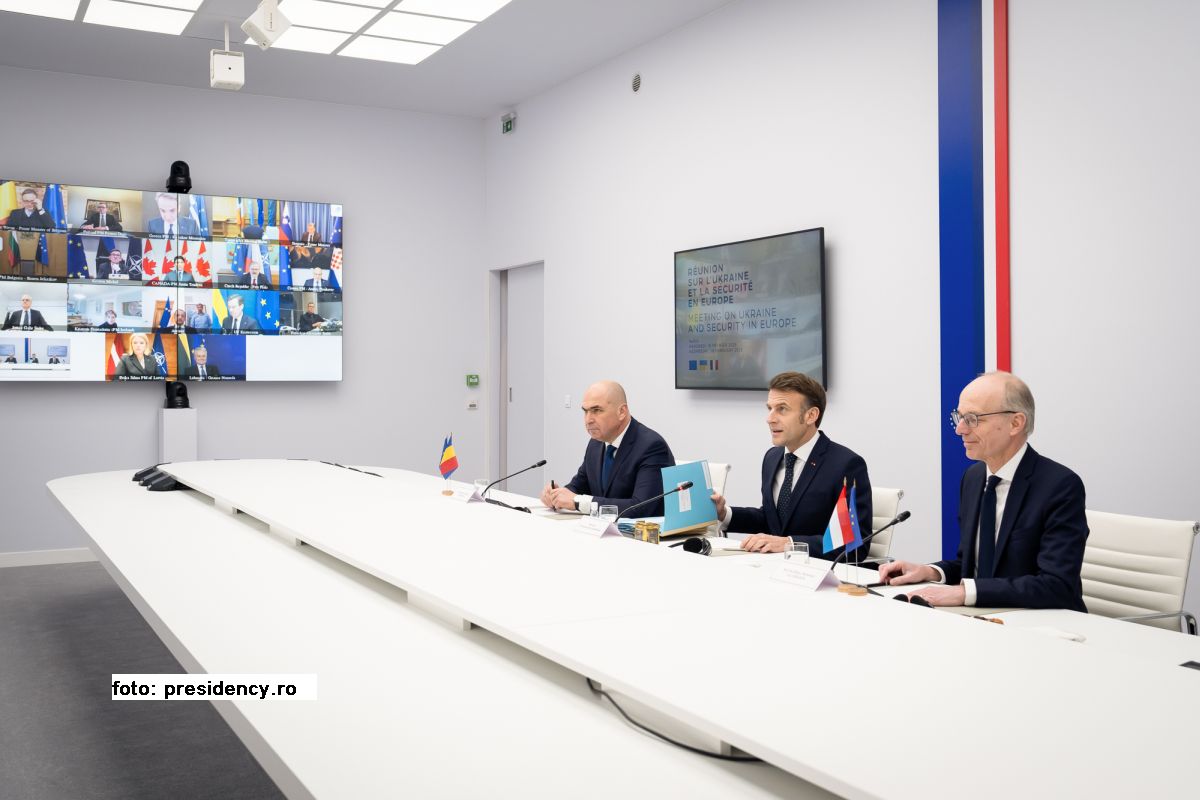Romania – 15 years within NATO
For 15 years now Romania has been part of the most successful political and military alliance in history.

Bogdan Matei, 01.04.2019, 13:39
Under Soviet influence for almost half a century, Romanians could validate their western aspirations only in the early 2000s, at the end of the country’s post-Communist transition. Romania joined the EU in 2007, 3 years after it had joined NATO in March 2004 — the date of the largest eastward NATO enlargement wave. The number of NATO member states then increased from 19 to 26.
Previously, at the November 2002 NATO summit hosted by Prague, Bulgaria, Estonia, Latvia, Lithuania, Romania, Slovakia and Slovenia had received the official invitation to join the most successful political and military alliance in history. That was the end of a path that Bucharest had embarked on as early as October 1990, when Romania established diplomatic relations with NATO and continued with applying for NATO membership, which happened 3 years later. At that time, the Romanian political class and the public opinion, although torn apart by often ferocious internal disputes, managed to reach consensus. From the right and the left of the political spectrum, all important parties, in power or in opposition, unwaveringly supported the country’s European and Euro-Atlantic integration, which was the only guarantee for Romania’s prosperity and security. The president of Romania at the time of NATO accession was the former Communist minister Ion Iliescu, who had studied in Moscow and had been frequently blamed for his pro-Russian views.
In 1994 Romania became the first country that decided to participate in the Partnership for Peace program, which had an important role in the process of preparation for NATO accession. Then there followed the wakeup call given by the 1999 Madrid summit, when only the Czech Republic, Poland and Hungary from the ex-Communist East were invited to join. However, political and military analysts said that Romania was within an inch of joining and that it would be top of the list at the next enlargement wave. Its geostrategic importance, its significant military potential and a profoundly pro-western public opinion were the most convincing arguments in favor of Romania’s accession.
Romania’s NATO membership is doubled by a privileged strategic partnership with the US. Romania hosts American military bases and elements of the anti-missile defense shield and its soldiers are participating in international drills and missions alongside the American soldiers. The Romanian defense minister Gabriel Les has underlined that Romania is better prepared from a military point of view than 15 years ago. As many as 1,000 soldiers are on foreign missions, and their number was even higher, namely more than 2,500, in previous years. Minister Les recalled that 29 Romanian military lost their lives and 180 were wounded in theaters of operations abroad. He added that in a real war situation the army has enough weapon and ammunition stocks to resist until the intervention of NATO partners.






























